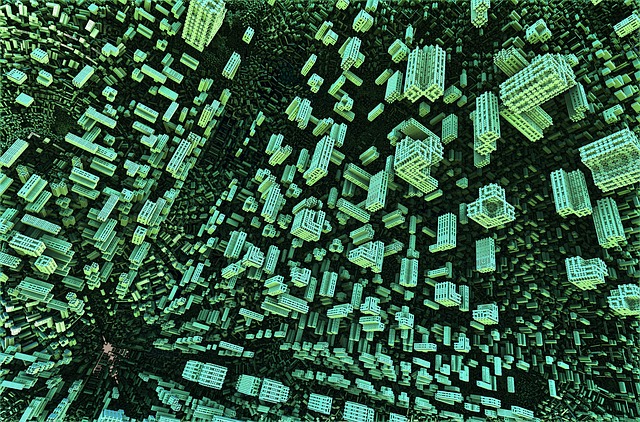By many accounts, the oldest person alive now is Emma Morano—likely the only living person born in the 1800s. It’s mind-boggling to realize that the initial works on the New York subway system, the first wireless transmission over the Atlantic by Guglielmo Marconi and the first airplane flight by the Wright brothers at Kitty Hawk all happened in the lifetime of somebody who is still alive today.
In a time that we are flooded with articles about millennials and digital natives, it’s easy to lose sight of the other end of this age spectrum. While Emma Morano is an extreme case, a 2012 study by the UN estimated that there were 316,600 people in the world aged 100 or older, and that—gasp—“the population of centenarians, those aged 100 years or over, is growing fastest.”
The centenarians alive today have witnessed the Russian Revolution, the Spanish flu pandemic, two world wars, the Prohibition Period, the Great Depression, the discovery of penicillin, the Cold War, Apollo 11, the advent of computers, the fall of the Berlin Wall, the PC revolution, the rise of the Internet, September 11, the ubiquity of smart phones, and finally, the explosion of machine learning, the latest offspring of the so-called digital revolution. They hear some people telling them that these bold new machines will bring in a new era of prosperity where we would work less and live better. Others are saying that we are at the brink of a new totalitarian era where we’ll all lose our jobs to intelligent machines and be controlled by a see-all, hear-all totalitarian government—which may well be a super-computer.
It’s hard to tell who’s right. Maybe the future will be something in-between, or perhaps both scenarios will materialize but in different parts of the globe. But no matter what the future has in store for us, there is at least one certainty: the pace of technology change will keep accelerating. The reason is simple: each new advance in technology, by definition, allows us to do things that were not possible before, and therefore opens new venues to be explored, in an ongoing self-catalyzing process. Another strong possibility is that human life expectancy will keep being pushed forward, mostly due to advances in medical science and hopefully healthier lifestyles.
In other words, many of the babies born this year will be alive in 2117, and 2017 will be perceived by them as a much more distant world than 1917 feels to Emma Morano now.
The good news is that this is not a sci-fi book or movie, where we are passive witnesses of the storytelling, fearing for the worst but hoping for the best. This is real life, and we are active agents in this process. Technology by itself won’t lead us to a utopian or dystopian future. It’s up to us to choose a path of digital hope and build the future we want, taking a hint from Emma Morano’s life. According to a New York Times article:
(Emma) is also convinced that being single for most of her life, after an unhappy marriage that ended in 1938 following the death of an infant son, has kept her kicking. Separation was rare then, and divorce became legal in Italy only in 1970. She said she had plenty of suitors after that, but never chose another partner. “I didn’t want to be dominated by anyone,” she said.
She was brave enough to fight tragedy and tradition and set her own path to happiness. Hopefully each of us can be as bold as her and many other centenarians and ensure that unprecedented technological advances will lead us to the promised land of digital prosperity.







